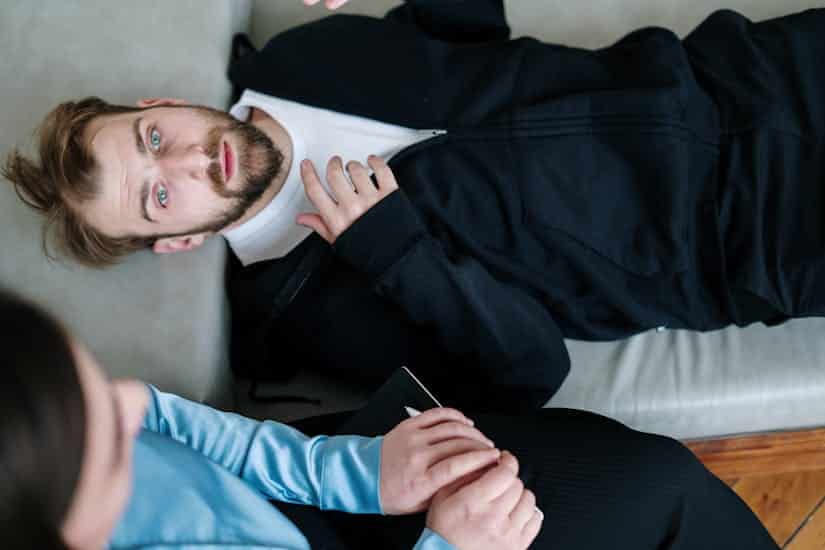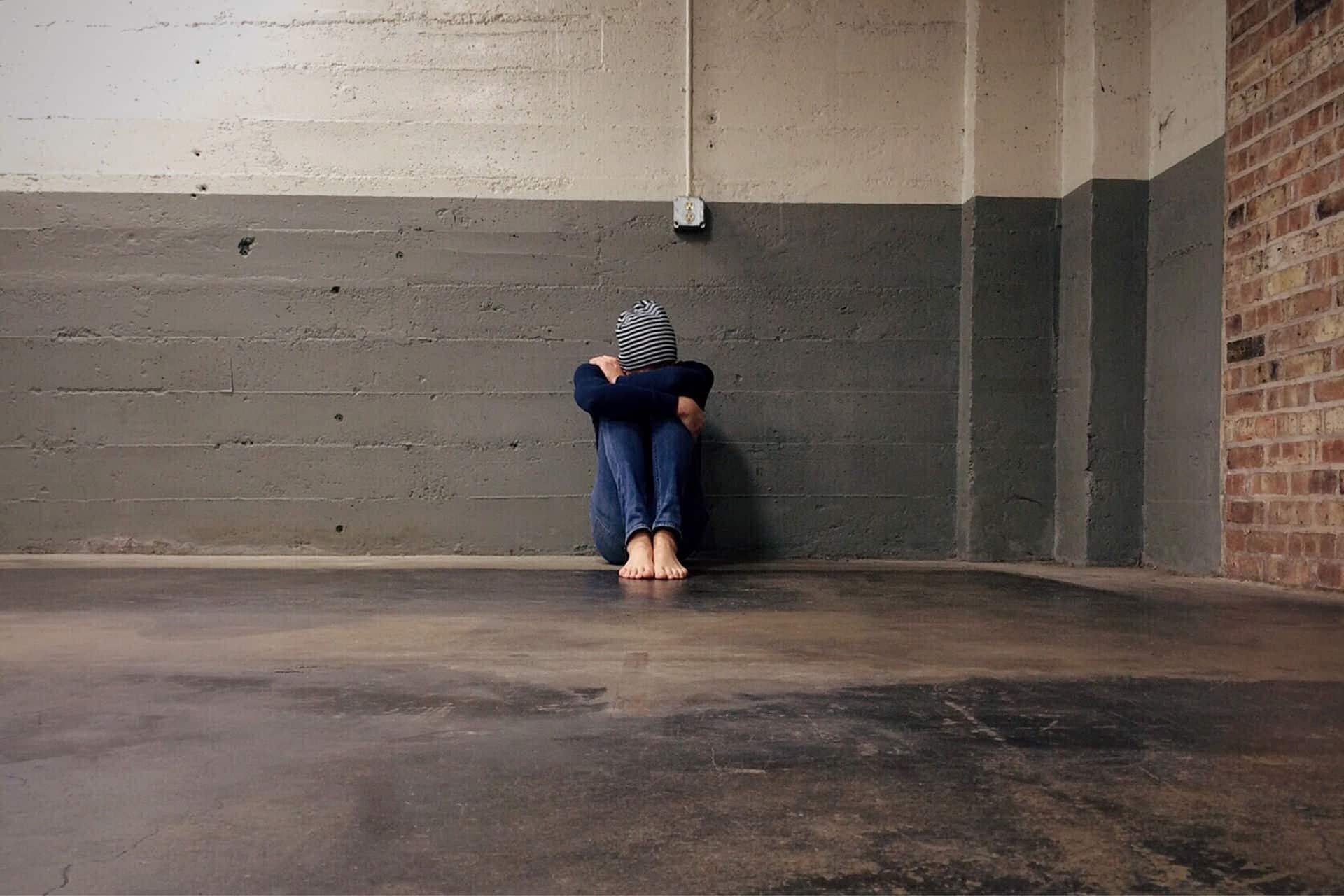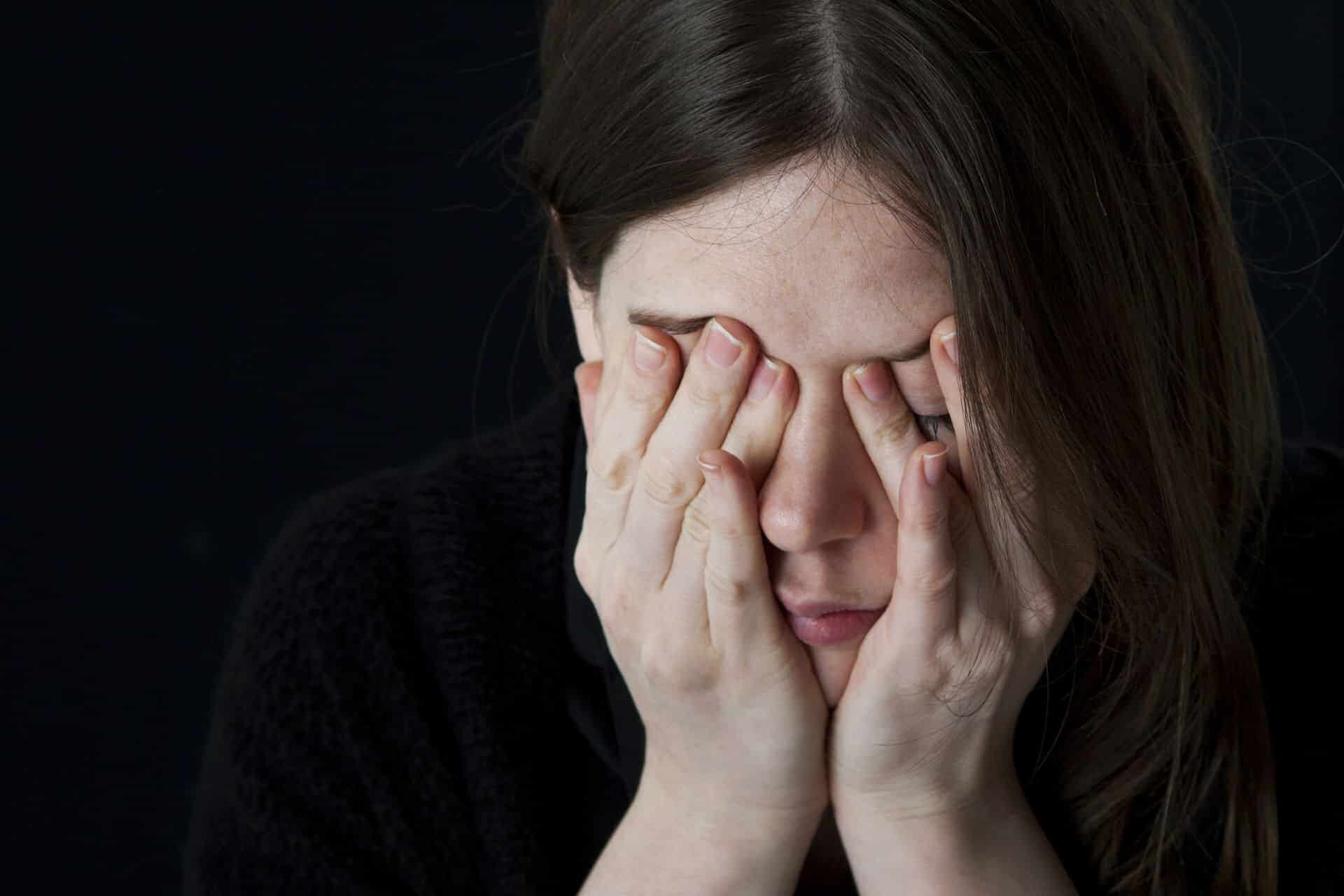Contact Orlando Treatment Solutions
For any other questions please call us or fill out the contact us form. We're here to help you at Orlando Treatment Solutions.
Contact Us Call Now (321) 415-3213Popular Post
Therapy is an important form of treatment that involves a client-centered approach geared towards helping a person deal with issues. A particular kind of therapy that has received attention, especially in the sphere of criminal justice and substance abuse, is Moral reconation therapy (MRT). MRT is not only explained in terms of its definition, approaches, and stages but also evaluated for effectiveness and the population most helped by MRT.
What is Moral Reconation Therapy (MRT)?
MRT stands for Moral Reconation Therapy which is a rehabilitation program that was developed in 1982. Moral Reconation Therapy (MRT) is thus a cognitive-behavioral treatment approach, which is employed to alter the direction of the offender’s moral reasoning. Developed in the 1980s by Gregory Little, Ph.D., and Kenneth Robinson, Ph.D., MRT was primarily designed to help reduce the high reoffending rates among offenders. The term recognition is used to describe the education and/or deliberate thought processes that are implemented by the therapy.
Core Principles of MRT
MRT’s focus of intervention centers on the improvement of moral development. Based on this principle, the behavior of such criminals is attributed to the arrestation stage wherein thinking is immature and decisions are ill-advised. When these cognitive processes are enhanced, people increase their chances of making good decisions hence leading responsible lifestyles.
Stages of Moral Reasoning in MRT
MRT was developed based on a six-stage model of moral development, which stems from Kohlberg’s theory of moral development.
- Disobedience and Punishment Orientation: In this stage, people work or behave on the principle of avoidance of punishment.
- Self-Interest Orientation: Actions are driven by the individual’s benefits and conflicts of interest.
- Interpersonal Accord and Conformity: C. Behavior is shaped by the paramount consideration of what other people will say or think about it.
- Authority and Social-Order Maintaining Orientation: Traditionally, obedience to the authorities and the preservation of a social hierarchy begin to emerge.
- Social Contract Orientation: The people appreciate the existence of social contracts, as well as act in a way for the benefit of others.
- Universal Ethical Principles: It pertains to the moral code or natural law which are inherent principles of justice and ethics beyond contracts of social relationships.
Through participation in the MRT, subjects are guided through these stages to a higher stage of moral reasoning and ethical decision-making.
How MRT Works
MRT is usually provided in a group with six to twelve members per group, however, individual sessions can also be conducted with good results. The therapy involves a set of tasks to be accomplished and activities to be completed that are meant to change the participants’ mindset.
Structure of MRT Sessions
- Group vs. Individual Sessions: This may commonly involve group sessions, individual sessions are also used to provide extra attention.
- Duration and Frequency: Typically, MRT programs are organized and delivered through weekly sessions with a duration of approximately one to two hours. The total time of the program is free from fixed limits but may take many months on average.
- Techniques and Exercises: Several cognitive behavioral exercises practiced by participants are as follows:
- Homework Assignments: These tasks serve the purpose of consolidating new knowledge and enhancing participants’ ability to apply new skills into practice.
- Step Work: MRT is a sequential procedure, which means that the participant must undertake one step after the other, as every step enhances cognitive and moral development.
Goals of MRT
The primary goals of enforcing MRT are to enhance moral reasoning, improve decision-making skills, and promote prosocial behavior. Through the achievement of these goals, MRT hopes to assist in lowering the recidivism rates in offenders and provide help for people in substance abuse treatment programs.
Enhancing Moral Reasoning
MRT challenges and inspires people to think about the values and beliefs they hold, thus calling for higher-order forms of moral development. This process enables the participants to realize that the right thing should be done while avoiding the wrong ones, enabling the participants to make the right choices.
Improving Decision-Making Skills
In this way, MRT assists people in gaining structured methods for decision-making. Often they change participants’ perception of the impersonal consequences of their actions, make them think twice before acting, and help them turn to more reasonable behaviors.
Promoting Prosocial Behavior
MRT creates prosocial behavior since the participants are taught to appreciate other people respect their opinions and pledge to uphold positive social values. This change in behavior is instrumental in promoting reformation and thus, reentry into society.
Reducing Recidivism
Recidivism is among the most important objectives for the operation of MRT, this is because some offenders have a high chance of returning to engage in criminal activities after being released. Therefore, through employing cognitive and moral development to combat the causes of criminality, MRT is intended to prevent a convicted offender from being a repeat offender.
Is MRT Effective?
Research has shown that MRT has been effective in lowering the recidivism rate and assisting offenders in their reformation process for different offenders.
Studies and Findings That Back MRT
- Statistics on Recidivism Reduction: Studies have also found that MRT can potentially help reduce the rate of recidivism among offenders. For instance, in the Journal of Offender Rehabilitation, it was revealed that those who undertook MRT programs reduced instances of recidivism as opposed to those who did not undergo the programs.
- Impact on Various Populations: Specifically, MRT has been used with various populations such as juvenile offenders and patients undergoing substance abuse programs. Research has shown that MRT can result in positive changes to behavior, cerebral functioning, and general health.
Who Benefits from MRT?
The participants of MRT are diversified and the majority of them are involved in the criminal justice system and the process of substance abuse treatment.

Offenders in Correctional Facilities – MRT has been used in correctional facilities to facilitate the cognitive and moral repatterning of offenders for successful reintegration into society. MRT works to treat the cause of an individual’s criminal activity so that the likelihood of being a repeat offender can be minimized in the future.
Patients in Substance Use Disorder Program – MRT has also been applied in substance abuse treatment as it assists in enhancing decision-making skills as well as moral reasoning skills. Participants are therefore in a better position to abstain from substances and make good choices knowing the ripple effects they may cause.
Juvenile Offenders – MRT has been applied to juvenile offenders and the findings have demonstrated its effectiveness in enabling offenders to transform and possess the cognition and moral relevance required for them not to reoffend. Thus, by focusing on the specific needs of this population, MRT promotes positive development and minimizes the risk of reoffending.
Probationers and Parolees – MRT works for probation or paroled offenders and allows them to learn how to avoid recidivism and avoid getting back to prison again. In doing so, MRT fosters prosocial and ethical conduct conducive to successful reentry into society
Community-Based Program Participants – It also forms part of community intervention where it enables individuals to acquire essential skills and moral reasoning for proper functioning within society. As a result, MRT helps them establish the feeling for positive behaviors and commitment toward personal goals and meaningful relationships.
If you’re interested in learning more about how MRT can benefit your community, consider researching local programs or contact us at (321) 415-3213 and visit the Orlando Treatment Solutions rehab center in Orlando, FL today.
Contact Us
CALL US NOW
Orlando Treatment Solutions will iron out the details for you in a manner that will make you confident in your path to sobriety. That first simple call is your ticket to making Orlando Treatment Solutions your solution for addiction. Get the freedom from addiction that you deserve today.
Call us now on (321) 415-3213Updated News
LATEST POSTS
Orlando Treatment Solutions makes numerous media outlets available to encourage you in your recovery process. Digital media literature is approved by a licensed professional and intended to guide you in your recovery path.

Years of experience
Our leadership team has extensive experience in dual-diagnosis treatment and is ready to help those who are struggling with substance use and mental health.

Specialists
Our staff consists of many licensed addiction and mental health treatment facilitators and other staff who are ready to share their experience and their success.

Happy patients
Orlando Treatment Solutions has helped over 2,000 people who have struggled with substance use (alcohol and drug addiction) and mental health find freedom.
Contact Us
GET IN TOUCH
Reaching out to Orlando Treatment Solutions may be the most important call of your recovery process. A caring professional is waiting for your call to be your guide to addiction-free living.
 info@shc.health
info@shc.health 




